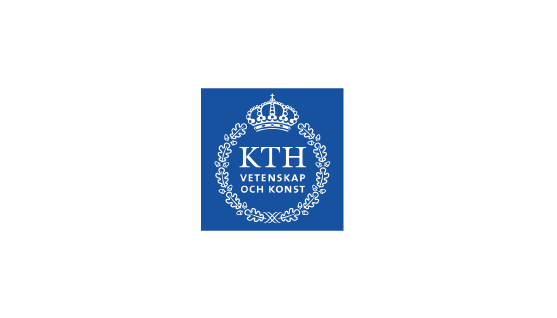Unleash predictive maintenance: High reliability, minimum downtime, optimal asset performance
Predictive Maintenance is a dynamic and evolving area that focuses on maximizing the efficiency, reliability, and longevity of assets through proactive and data-driven maintenance strategies. This field combines the principles of maintenance engineering, data analytics, and asset management to optimize maintenance activities and minimize downtime.
In this module you will delve into the principles and benefits of predictive maintenance. They explore how predictive maintenance techniques leverage advanced sensors, data collection methods, and analytics to monitor asset performance and predict potential failures. You will gain a comprehensive understanding of different predictive maintenance techniques and tools, such as vibration analysis, thermal imaging, oil analysis, and many others condition monitoring methods.
A crucial aspect of this learning module is developing skills in data collection, analysis, and interpretation. You will learn how to efficiently collect relevant data, apply statistical methods, and interpret the findings to make informed maintenance decisions. They also acquire the ability to identify failure modes, analyze failure patterns, and develop maintenance plans tailored to specific assets or systems. The focus will be put on early detection of anomalies, facilitate condition-based maintenance scheduling, and optimize resource allocation.
A holistic understanding of predictive maintenance includes its integration into overall asset management and organizational strategy. You will learn how predictive maintenance aligns with strategic objectives, enhances asset performance, and contributes to cost savings and operational efficiency.
Overall, this learning module of predictive maintenance equips you with the knowledge, skills, and tools to proactively manage assets, enhance operational reliability, and optimize maintenance practices in various industries and sectors.
This module offers a comprehensive range of self-study materials to support your learning journey. You’ll have access to a variety of resources including lectures, exercises, webinars, teacher-led discussions, and laboratories. The teaching material is presented in diverse formats such as videos, simulations, and signal samples for exercises. You’ll also find reference materials, quizzes, and assignments to reinforce your understanding and assess your progress. These resources are thoughtfully designed to provide a well-rounded learning experience.
-
Managers, Engineers and Technicians within the areas of maintenance
To complete this module, you are expected to schedule approximately 4 hours per week over 5 weeks (20 hours in total). We assume that you will be able to complete one content section per week. Therefore, we have scheduled interactive webinars at the end of each week to provide you with the opportunity to discuss any issues with the teachers continuously throughout the module.
Please note that a minimum of 10 participants is required for the module to start.
After applying to the program, please secure dates in your calendar to be able to join planned webinars and assure time available required for learning.
